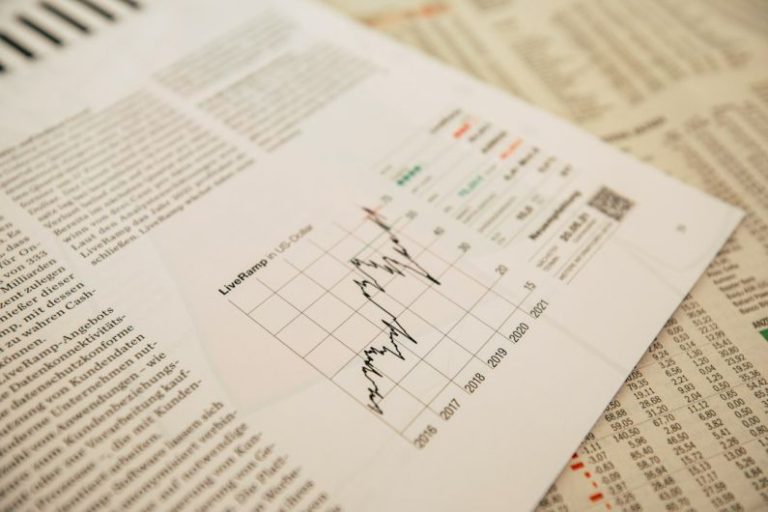How Do Trade Wars Affect the Global Economy?
Trade wars have become a recurring theme in the global economic landscape in recent years. As countries engage in tit-for-tat tariff battles and protectionist policies, the repercussions are felt far beyond their borders. The ripple effects of trade wars can be seen in various sectors, impacting businesses, consumers, and even governments. In this article, we will explore the ways in which trade wars affect the global economy.
Disruption of Global Supply Chains
One of the most significant consequences of trade wars is the disruption of global supply chains. With the imposition of tariffs on imported goods, the cost of production increases for businesses. As a result, companies may be forced to find alternative suppliers or relocate their operations to countries with lower tariffs. This process is time-consuming and expensive, causing delays in production and distribution. Ultimately, it leads to higher prices for consumers and reduced profits for businesses.
Reduced Economic Growth
Trade wars hinder economic growth, both domestically and globally. When countries engage in protectionist measures, it limits international trade and reduces market access for exporters. This contraction in trade reduces overall demand and weakens economic activity. Moreover, trade wars create uncertainty, which discourages investment and slows down economic growth. As a result, countries involved in trade wars experience a decline in GDP, job losses, and decreased consumer spending.
Inflationary Pressures
Trade wars can also contribute to inflationary pressures in the global economy. When tariffs are imposed on imported goods, the cost of those goods increases. This increase in prices trickles down to consumers, leading to higher inflation rates. Additionally, if businesses pass on the higher production costs to consumers, it further exacerbates inflation. Inflation erodes the purchasing power of consumers, making everyday goods and services more expensive. Central banks may respond to this by raising interest rates, which can further dampen economic growth.
Impact on Financial Markets
Trade wars have a significant impact on financial markets, causing volatility and uncertainty. As tensions rise between countries, investors become cautious and risk-averse. This can lead to a sell-off in stocks and other risky assets, causing stock market declines. Moreover, trade wars can disrupt currency markets, leading to fluctuations in exchange rates. This volatility in financial markets makes it difficult for businesses to plan and make investment decisions, further hampering economic growth.
Political Ramifications
Trade wars also have political ramifications, both domestically and internationally. Domestically, governments that engage in trade wars may face backlash from various stakeholders, including businesses and consumers. Industries heavily reliant on exports may suffer, leading to job losses and political pressure on governments. Internationally, trade wars strain diplomatic relations between countries, leading to increased tension and hostility. This can have broader implications for global cooperation and may hinder efforts to address other pressing global issues.
Long-Term Structural Changes
Trade wars can also lead to long-term structural changes in the global economy. As countries face trade barriers and protectionist measures, they may seek to reduce their dependence on specific countries or regions. This can lead to the diversification of supply chains and the emergence of new trade partnerships. Additionally, trade wars can spur countries to invest in domestic industries and develop their own capabilities, reducing reliance on imports. These structural changes can reshape the global economic landscape and have lasting effects on trade patterns.
In conclusion, trade wars have wide-ranging effects on the global economy. From disrupting global supply chains to hindering economic growth and creating inflationary pressures, the consequences are felt by businesses, consumers, and governments alike. Furthermore, trade wars have significant impacts on financial markets and can strain political relationships. As countries navigate the complexities of trade wars, it is essential to consider the long-term structural changes they may bring about.






